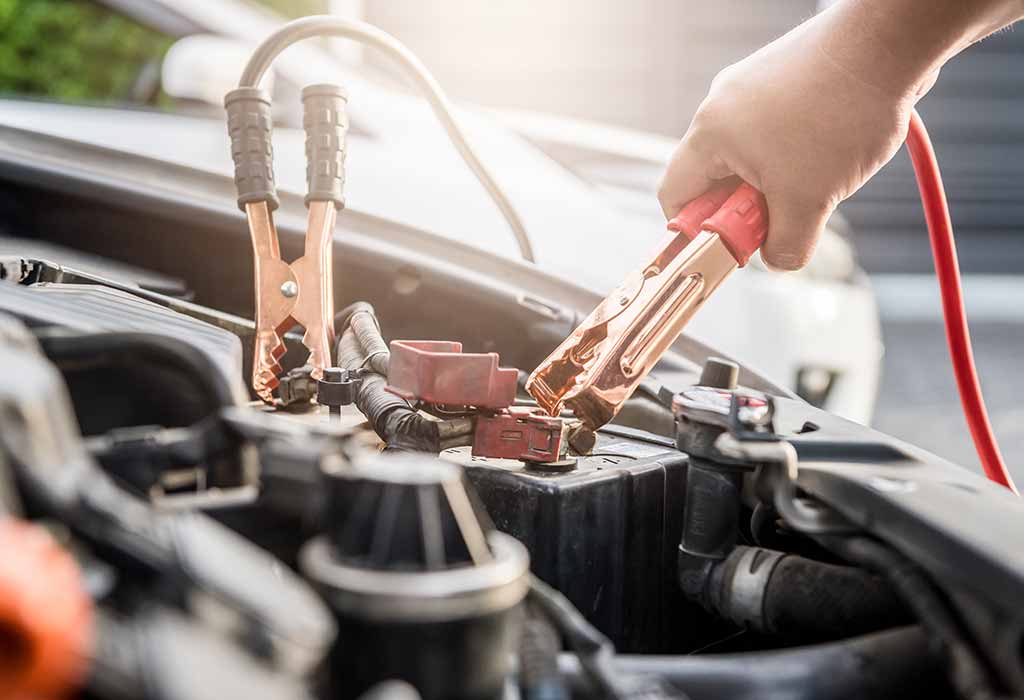How Cooler Weather Impacts Your Car Battery
As the temperature drops, your car battery may start to show signs of stress. Cold weather can have a significant effect on its performance, increasing the risk of unexpected breakdowns. Understanding how lower temperatures affect your battery and taking proactive steps to maintain it can save you time, money, and frustration as we move into fall and winter.

Why Cold Weather Hurts Your Battery
Your car’s battery works through chemical reactions that produce electricity. However, these reactions slow down in cold weather, reducing the battery’s ability to deliver power. At 32°F (0°C), a battery can lose about 20% of its strength, and at 0°F (-18°C), it can lose up to 50%. This makes it harder for the engine to start, especially if the battery is already old or weak.
Additionally, cold weather causes engine oil to thicken, which increases the workload on the battery. This means your battery has to work harder to turn over the engine, putting extra strain on the entire electrical system of your vehicle.
Common Signs of a Failing Battery in Cold Weather
Keep an eye out for these warning signs that your battery might be struggling:
- Slow cranking when starting the engine – If it takes longer than usual to start, your battery might not be holding a charge well.
- Flickering or dim lights – A weak battery can cause headlights or interior lights to dim or flicker.
- A clicking sound when turning the key – This often indicates that the battery doesn’t have enough power to engage the starter motor.
- Corrosion on battery terminals – Build-up of white or greenish substance around the terminals can signal a weak or failing battery.
Simple Tips to Keep Your Battery Healthy Through Winter
Here are some practical steps you can take to ensure your battery stays strong during colder months:
1. Have Your Battery Tested
Most auto shops offer free battery tests. If your battery is over three years old, consider getting it checked before the cold weather hits. A quick test can help you avoid being stranded in the freezing cold.
2. Clean Battery Terminals Regularly
Corrosion can block the flow of electricity between the battery and your car. Clean the terminals with a mixture of baking soda and water or use a battery terminal cleaner. You can also have a mechanic do this during routine maintenance.
3. Avoid Frequent Short Trips
Short drives don’t give your battery enough time to recharge properly. Try to take longer trips whenever possible, especially in cold weather, to keep your battery fully charged.
4. Turn Off Accessories Before Starting
Using the heater, lights, or radio while starting the engine can drain your battery. Turn them off until after the engine starts to reduce the load on the battery.
5. Park in a Garage or Covered Area
If possible, park your car in a garage or under a shelter. This helps protect your battery from extreme cold, keeping it slightly warmer and improving its performance in the morning.
By staying aware of how cold weather affects your battery and taking these simple precautions, you can enjoy a smoother driving experience all season long. Don’t wait until it's too late—take care of your battery now to avoid trouble later.
Electric Coffee Appliance,Coffee Maker,Espresso Grinder,Coffee Bean Grinder
Evergreen Houseware , https://www.evergreenhome.cn